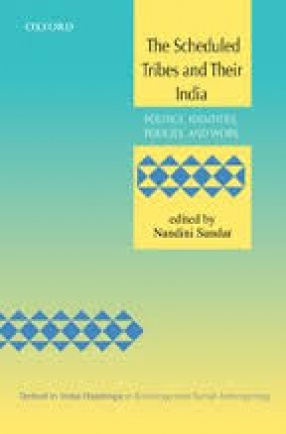
T N Madan

Showing all 10 books

A people in need of quick modernization and mainstreaming, or a powerful defense against the advancing march of capitalist growth - these are the two most prominent and stereotypical images of Adivasis in contemporary India, and both do grave injustice to the ground realities. The category Scheduled Tribes, which is purely an administrative category, and does not reflect the immense diversity among the 500 different communities of tribals in India, comprising 8.6 ...
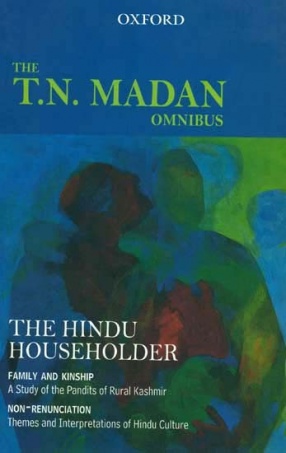
For more than half a century, T.N. Madan has been a towering influence on the sociological and anthropological studies of family and kinship, cultural dimensions of development, religion, secularism, and Hindu society and tradition. This Omnibus brings and Hindu society.
Family and kinship: A study of the pundits of rural Kashmir, first published in 1965, remains a pioneering ethnographic study of the Kashmiri pundits, and is considered a classic in the field of ...
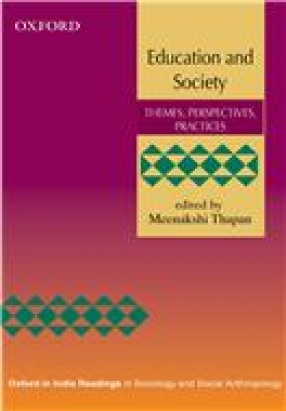
Education and Society: Themes, Perspectives, Practices concerns itself with the social issues and contexts that underpin education and learning in India. It begins with a focus on the possibilities opened up by education, whether these concern the individual, society, or the world at large. Through an excellent selection of essays arranged in six thematic sections, this volume provides an overview of the major underlying concepts in the sociology of education, as ...
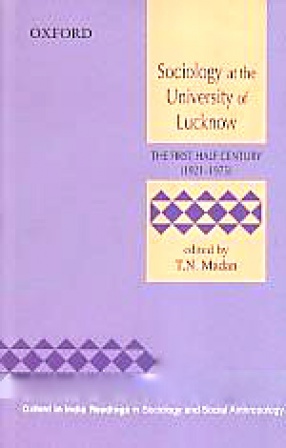
Sociology at the University of Lucknow is a systematic, historical narrative on the processes of institutionalization of teaching and research in sociology. The book offers a case by case summation, analysis, and appraisal of the writings and contributions of Radhakamal Mukerjee (the founder), D.P. Mukerji, D.N. Majumdar (associates of Mukerjee), and A.K. Saran (the first scholar product of the department). Some of these works were published a century ago and are ...


This comprehensive volume attempts to capture the great diversity of religious phenomena in India where all the great religions of the world - Buddhism, Jainism, Hinduism Sikhism, Christianity, Islam, Judaism and Zoroastrianism exist.
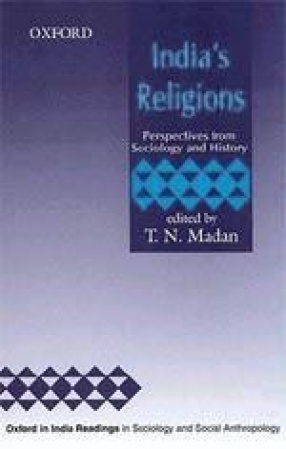
The Oxford in India readings in sociology and social anthropology comprise a set of volumes, each on an important theme or sub-area within these disciplines. Along with authoritative introductions and sectional prefaces, each book brings together key essays that apprise readers of the current debates and developments within that area, with specific reference to India. The volumes act both as introductions to sociology and social anthropology and as essential ...

India occupies a unique place among the democratic countries of the world for the importance it accords to the primordial identities of religion, language, and caste. Religion as personal faith is a significant psychological and social resource in the lives of millions of Indians. However, in a multi-religious society, a religiously neutral state is an imperative. The Indian state protects and even facilitates public expression of religious beliefs and practices. ...

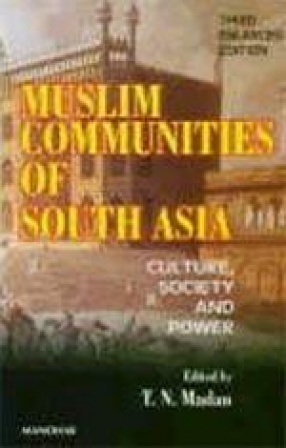
There are more Muslims in South Asia today, numbering almost 400 million, than in any other region of the world. Only Indonesia has a larger Muslim population than India, Bangladesh, or Pakistan. Divided into a number of subregional and national communities, the interaction of Islam and the Indian environment has played a crucial role in the making of their history and sociology. While historians have for long regarded South Asia as an area of immense interest ...
